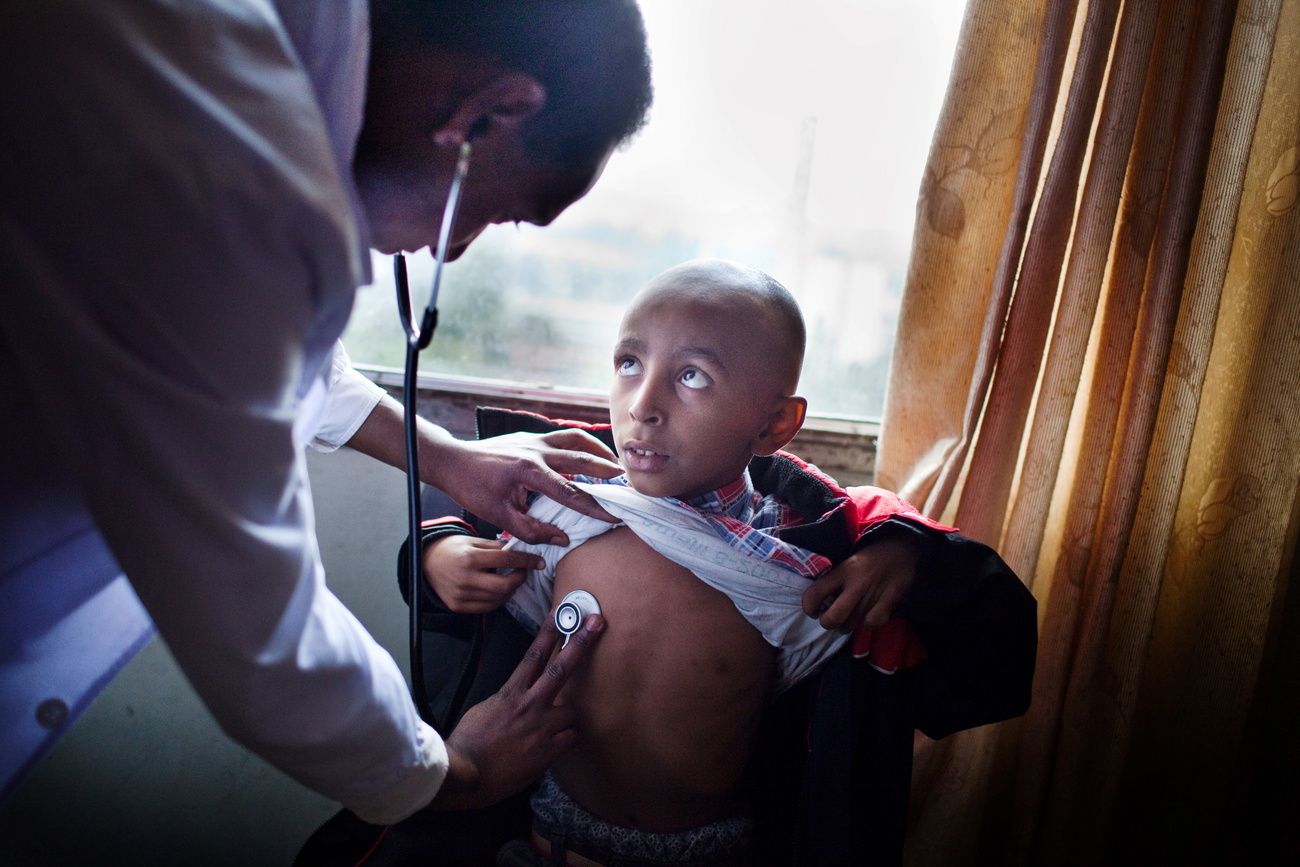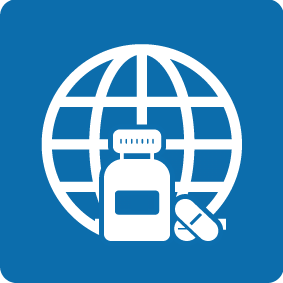
Swiss pharmacists warn of medicine shortages

Switzerland is facing shortages of many medicines due to supply chain bottlenecks linked to Covid lockdowns in China and the Ukraine war.
“It’s a sad situation that we’ve reached,” Enea Martinelli, a hospital pharmacist and board member of the pharmacist association pharmaSuisse, told Swiss public broadcaster SRF. The biggest problem, he said, is children’s medications, especially fever-reducing syrup, as well as blood pressure medications, psychiatric medications and Parkinson’s medications. Painkillers are also a problem.
The Federal Office for National Economic Supply (FONES) confirmed that supply disruptions are on the rise, indicating that the number of shortages of essential medicines is likely to be higher than in 2019.

More
The end of affordable medicine
The reasons are multiple but largely stem from the ongoing lockdowns in China and the war in Ukraine that have created supply bottlenecks. In some cases, it’s the active ingredient that’s missing while in others it is the vial or packaging. Switzerland is also a small country so not a big priority for drug makers.
The shortages have forced doctors to procure medicine from abroad in some cases, said Philippe Luchsinger, who heads the Swiss physicians’ association. Luchsinger called on people not to hoard medicines but rather “only buy medicines when you need them”.

In compliance with the JTI standards
More: SWI swissinfo.ch certified by the Journalism Trust Initiative































You can find an overview of ongoing debates with our journalists here . Please join us!
If you want to start a conversation about a topic raised in this article or want to report factual errors, email us at english@swissinfo.ch.